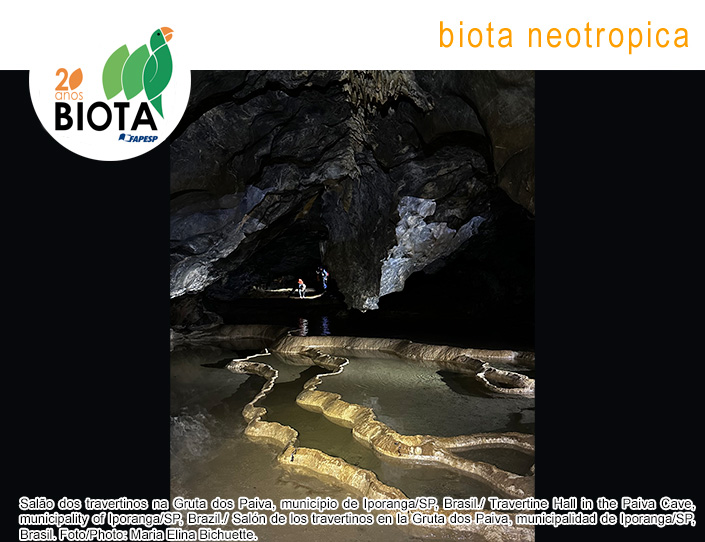Soybean spillage consumption by capuchin monkeys along a highway in southwestern Amazônia
Abstract
Abstract This study recorded, in the BR-364 highway in Rondônia, Brazil, the consumption by tufted capuchin monkeys (Sapajus macrocephalus) of previously spilled soybeans, as well as the risks associated with the attraction of these primates to food sources of anthropogenic origin. Four individuals were observed foraging for grains on the roadside, a behavior that highlights their adaptation to changes in resource availability. However, this interaction increases the risks of roadkill and human-wildlife conflicts, as well as altering the natural dietary patterns of the species. The presence of anthropogenic food on roadways is a significant impact factor on local wildlife. The study underscores the need for mitigation strategies to preserve biodiversity and reduce negative impacts.Published
2025-01-01
How to Cite
Oliveira, M. A., & Pommer-Barbosa, R. A. (2025). Soybean spillage consumption by capuchin monkeys along a highway in southwestern Amazônia. Biota Neotropica, 25(3). Retrieved from https://www.biotaneotropica.org.br/BN/article/view/2128
Issue
Section
Short Communications
